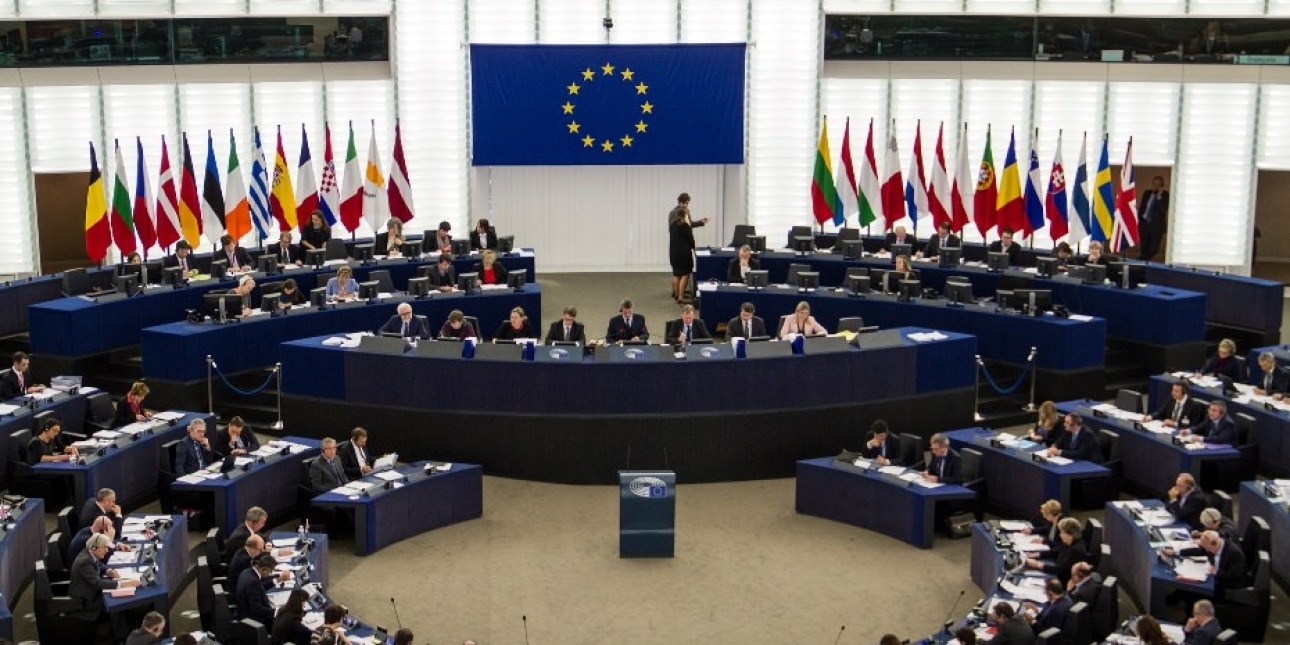PUBLIC RELATIONS
Thursday 28th March 2019
PR and the new EU Copyright Laws: 'Time to step up our creativity'
The European Union has voted to pass its Directive on Copyright in the Digital Single Market, including the controversial Articles 11 and 13, which critics claim will seriously impact online content creators.
As is often the case, the PR, Content and SEO industry has been caught in the crossfire of a set of potential legislation aimed at protecting copyright and helping content owners maximise the return on their work.
We are but innocent bystanders... are we not?
Our industries needs to stand up and make our voices heard, because Articles 11 and 13 could deal a huge blow to us all and limit the success of marketing campaigns. At the other end of the spectrum, we in PR land could do what we always do best, which is to roll with the punches and evolve how we work in order to deliver for our collective clients.
This is now a chance to revisit how we work and look at how we can make our campaigns deliver. Yet how can we avoid the trip hazards of these new rules? The answer is stepping up our creativity, which is something that our industry always delivers.
On face value, Article 13 is draining every ounce of creativity out of the internet. This could be a cynical old-PR-man way of looking at it. We should celebrate the fact that the new legislation has made exceptions for ‘parody or pastiche’ content, which means the safety of memes and GIFs is secure, for now.
The new legislation will cause real problems for platforms where you can freely share content like this, that could lend itself to infringing the new copyright laws.
Platforms like Twitter, YouTube and Facebook could be left with having to pay a hefty bill if they don’t closely monitor the content their users are uploading. As well all know, shizzle rolls down the hizzle, and us content creators could end up paying extra through increased ad costs or, as an extreme example, a fee for content creators.
However, it would be near impossible to carefully critique every bit of content that is being uploaded, due to the huge volumes of content that is posted every day.
The silver lining to Article 13 is that it will force internet users to get more creative with their content and come up with completely unique assets, which as a matter of fact could be a breath of fresh air for the social media community.
A section of Article 11 that is gaining the title ‘link tax’ could leave platforms like Google with big bills for linking out to content which may lend itself to infringing copyright laws.
This could reduce the reach of PR-generated coverage online, which is going to impact our industry whether we like it or not; unless a solution is found to prevent these charges and save the likes of Google News from shutting down.
Image courtesy of flickr user Mehr Demokratie

